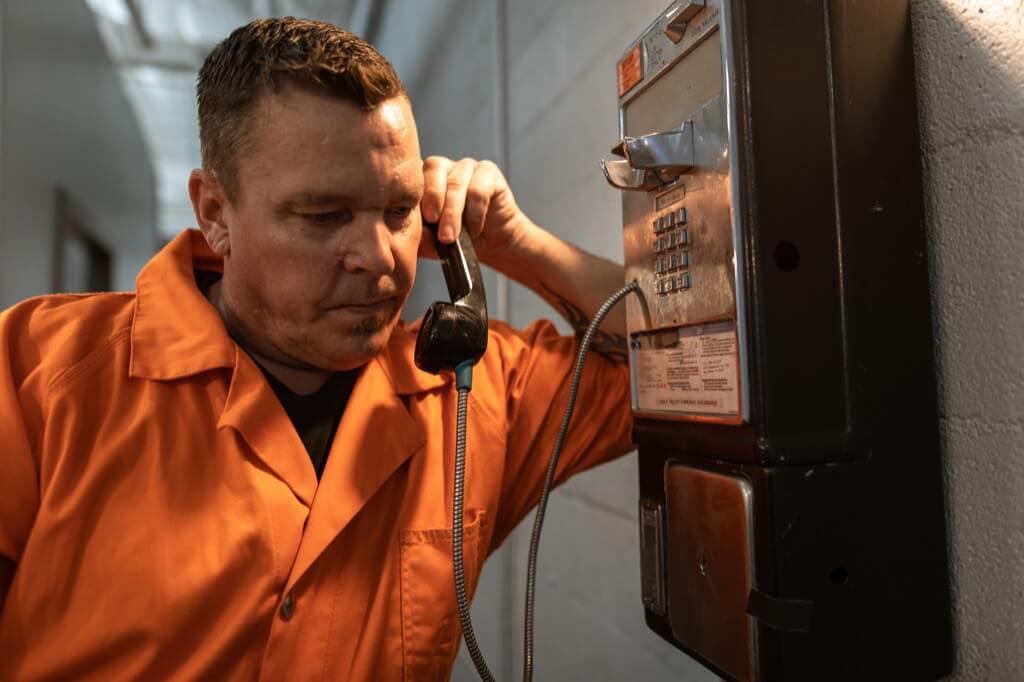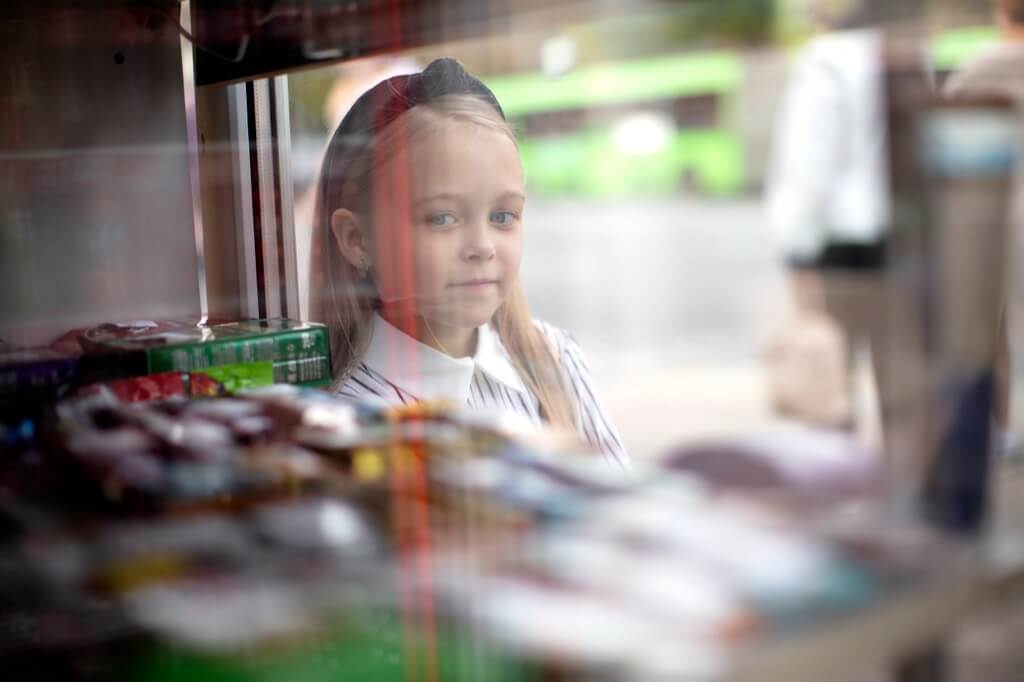Starting on Tuesday, January 30, a significant initiative begins in the heart of South Africa’s correctional facilities. Inmates, often seen as the forgotten voices in society, are being given a crucial opportunity – the chance to register to vote in the upcoming 2024 elections. This move, as announced by the Electoral Commission of South Africa (IEC), is not just a procedural step but a reaffirmation of the democratic rights of all citizens, regardless of their circumstances.
The IEC has set a deadline of Tuesday, January 20, 2024, for this registration process. This timeline is crucial for ensuring that all eligible inmates get a fair chance to participate in what could be one of the most pivotal elections in South Africa’s recent history. The essence of democracy lies in its inclusivity, and by setting this deadline, the IEC is ensuring that no eligible voter is left behind.
A notable aspect of the 2024 elections is the eligibility of felons to vote. This inclusion marks a significant step in acknowledging that the right to vote is fundamental and should not be curtailed by incarceration. The decision to allow inmates to participate in the electoral process is a powerful statement about the nature of democracy in South Africa.
The IEC, understanding the logistical challenges faced by inmates, has called upon the families of inmates to play a proactive role. Families are encouraged to send identification documents, such as a green barcoded ID, a smartcard ID, or a valid temporary identification certificate (TIC), to the correctional centers. This initiative is about more than just ensuring documentation is in order; it’s about connecting families and reinforcing the societal fabric.
Recognizing the diversity of inmate locations, the IEC has made provisions for those incarcerated far from their homes. Inmates housed in distant towns or provinces will have their IDs sent to the appropriate correctional institutions. This thoughtful arrangement ensures that geographical distance does not translate into disenfranchisement.
Eligible inmates are not just registering to vote; they are being empowered to choose representation for their home districts. This approach personalizes the voting process, allowing inmates to contribute to the decision-making in their home communities. Electoral Commission spokesperson Kate Bapela has underscored the importance of this participation, highlighting that it’s not only about voting but also about updating existing voter information to stay relevant and connected.
Empowering Marginalized Voices
Inmate voting is particularly impactful in our country, where the criminal justice system intersects with issues of race, economic inequality, and historical injustices. Voter education programs in prisons enable these marginalized voices to be heard and included in the democratic process. By understanding their rights and the electoral process, inmates can contribute to the shaping of a society from which they have often felt alienated.
Rehabilitation and Reintegration
The process of educating inmates about voting rights and the democratic process plays a crucial role in their rehabilitation and eventual reintegration into society. It helps inculcate a sense of responsibility and belonging. By engaging with the electoral process, inmates can feel connected to the outside world and maintain a stake in the future of their communities. This connection can be pivotal in their journey towards becoming productive members of society post-release.
Civic Responsibility and Engagement
Voter education in prisons fosters civic responsibility. It teaches inmates about the importance of participation in governance and the impact of political decisions on everyday life. This understanding can encourage them to remain engaged with societal issues, even after their incarceration, and can lead to more informed and active citizenship.
Understanding how to make informed decisions at the ballot is crucial for all voters, but especially for inmates who might have been disconnected from societal developments. Voter education ensures that their choices are based on a clear understanding of policies, party manifestos, and the implications of their votes. This leads to a more representative and effective democratic process.
Contributing to a Healthy Democracy
The inclusion of all voices, including those of inmates, is essential. Educating these individuals on their voting rights and the electoral process contributes to the overall health and maturity of the nation’s democracy. It sends a message that every citizen, regardless of their status or past, has a role to play in shaping the country’s future.
Enhancing Accessibility and Participation through NGO Support
Non-Governmental Organizations (NGOs) are instrumental in enhancing accessibility to the voting process for inmates in South Africa. Their role extends beyond mere facilitation; they actively work to break down barriers that may hinder inmate participation in the electoral process. By providing logistical support and simplifying complex procedures, NGOs ensure that the right to vote is not just a theoretical concept for inmates but a practical reality. They play a critical role in organizing and executing voter registration drives within prisons, ensuring that inmates are aware of their rights and the procedures to exercise them.
NGOs act as vital communication bridges between inmates and the Electoral Commission of South Africa (IEC). They take on the responsibility of conveying accurate and timely information regarding the registration and voting processes. In an environment where access to information can be limited, NGOs ensure that inmates are not left in the dark about their democratic rights. Their efforts in disseminating unbiased political education are crucial in preparing inmates to make informed choices, thereby enhancing the integrity and inclusiveness of the electoral process.
They serve as watchdogs, ensuring that the rights of inmates are protected and that the voting process within correctional facilities is conducted in a fair and transparent manner. Their presence and active involvement in the voting process can deter potential infringements on inmate rights and serve as a reassurance to the inmates themselves. NGOs often work to spotlight and address any irregularities or challenges in the voting process, advocating for continuous improvement and adherence to democratic principles.
The successful implementation of inmate voting initiatives hinges on the collaboration between NGOs and the IEC. This partnership is essential to overcome the unique challenges of facilitating elections within correctional facilities. NGOs can provide the IEC with insights and feedback from the ground, helping to tailor the voting process to better suit the needs of the inmate population. Their on-the-ground presence and experience with community engagement make NGOs invaluable allies in the pursuit of a more inclusive and representative electoral process in South Africa.
As the registration process unfolds, the political landscape of South Africa is undergoing significant shifts. The ruling ANC party, a dominant force since the dawn of democracy in 1994, faces a critical test. Political analysts and surveys suggest that achieving a majority in the 2024 elections might be a challenging feat for the ANC. This potential change signals a new era in South African politics, reminiscent of the monumental shift experienced during the country’s first democratic elections in 1994.




